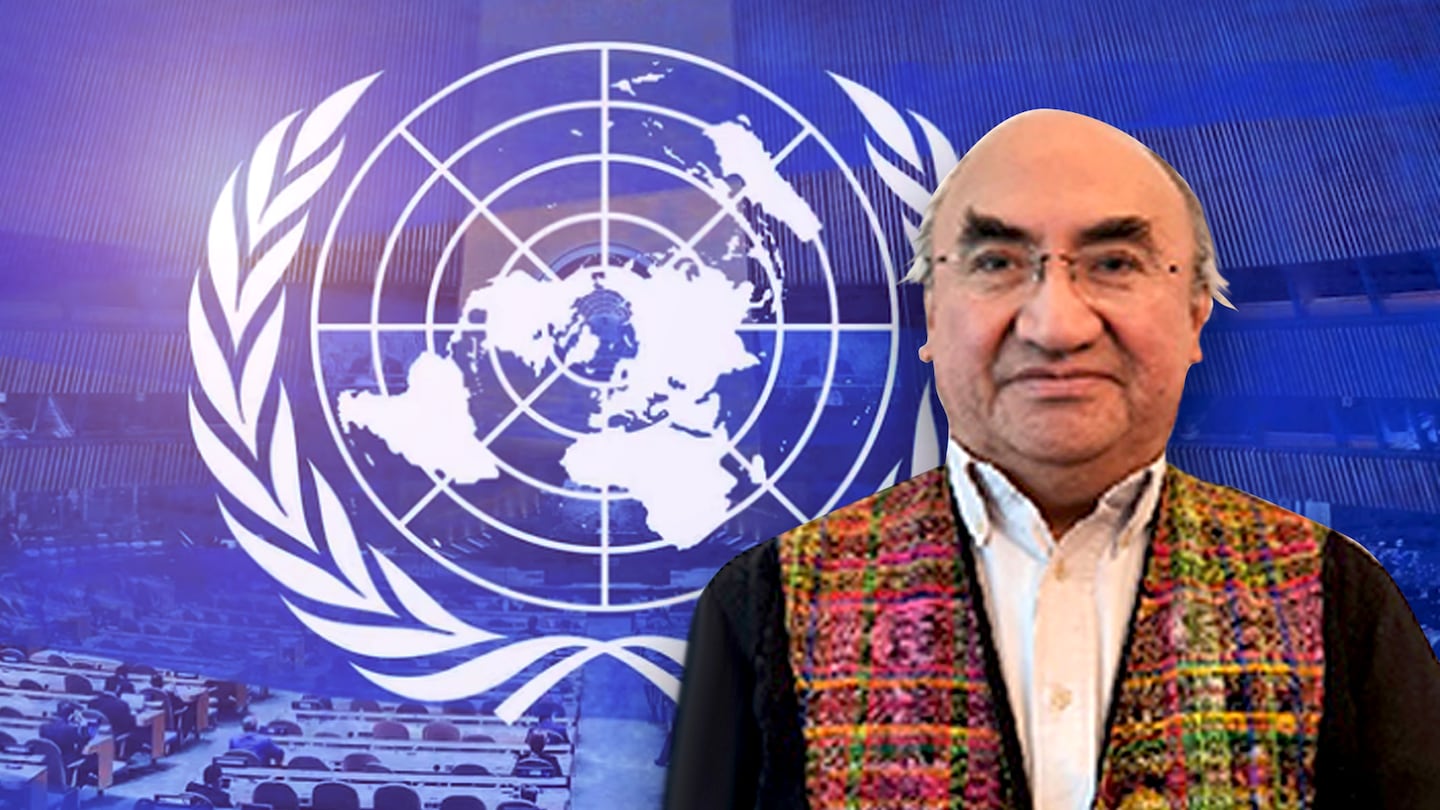Te Kāhui Tika Tangata (Human Rights Commission) Tino Rangatira Shared Leader Julia Whaipooti says the UN review will assess issues including racism, detention, incarceration, children’s rights, abuse in state care, housing, and the government response to the Christchurch mosque attacks, which occurred 5 years ago last week.
“I think a lot of countries are concerned that the government has reneged on its commitment to the UN Declaration on the Rights of Indigenous Peoples.”
“At the end of the day, Indigenous rights are human rights, and we must work together to protect them,” Whaipooti says.
The UN special rapporteur on the rights of indigenous peoples, Francisco Calí Tzay, who is coming to Aotearoa, will speak on his experiences with countries where constitutional arrangements recognise and empower indigenous governance alongside that of the government such as Canada, Colombia, Ecuador and many more.
During his events around the country, he will meet iwi and hapū leaders, Te Kāhui Tika Tangata, Māori organisations and Indigenous legal experts on Māori rights and the role te Titiri o Waitangi plays in New Zealand’s constitution.
Calí Tzay is to also go to places with long-running legal cases against the Crown. One of the visits will include meetings with representatives of the customary Māori owners of the Nelson Tenths reserves and Wairarapa Moana.
Te Puna Rangahau o Wai Ariki (University of Auckland’s Centre for Indigenous Peoples and the Law) director Professor Claire Charters calls those cases a serious miscarriage of justice and says it shows how Parliament can override the rights of indigenous people.
“It’s a serious flaw in the current system of government in Aotearoa. It is something we are asking the Special Rapporteur and other UN bodies to continue to engage with our government about.”
The rapporteur will participate in the ‘Designing our Constitution’ conference in early April, jointly hosted by Te Kāhui Tika Tangata, the National Iwi Chairs Forum and Waipapa Taumata Rau (University of Auckland).
The conference is part of a series of hui inspired by the landmark report Matike Mai, and in the memory of the late Moana Jackson.
“The conference will discuss proposals for a constitution that can create a place of belonging for everyone in Aotearoa while recognising the authority and tino rangatiratanga of Tangata Whenua, on an equal footing with the government,” Whaipooti says.
The public can hear from special rapporteur Calí Tzay at an evening public lecture on Thursday 4 April at 6pm, at the University of Auckland.


